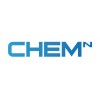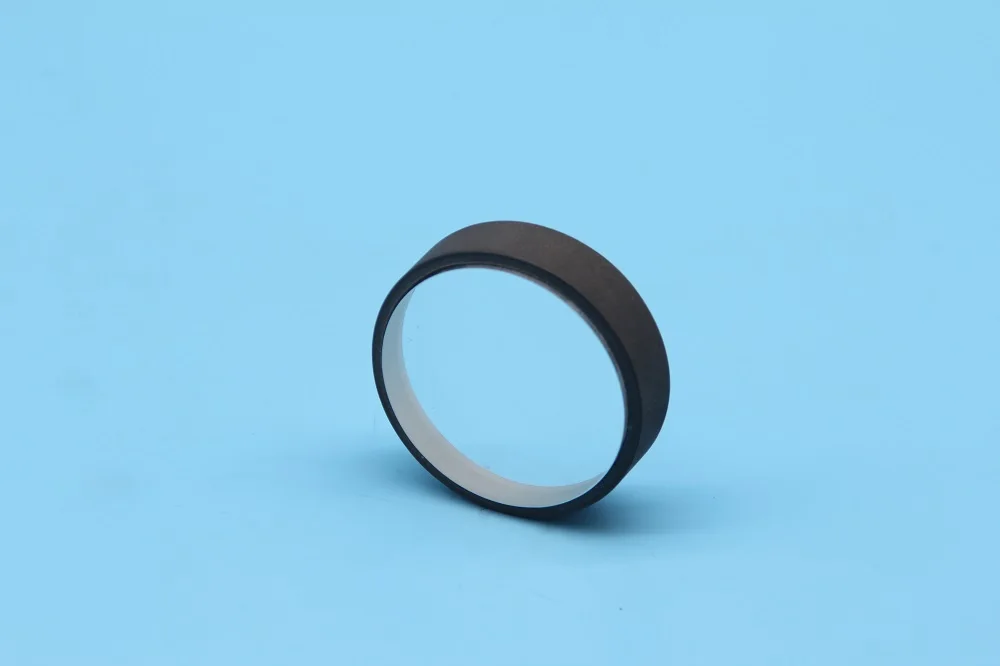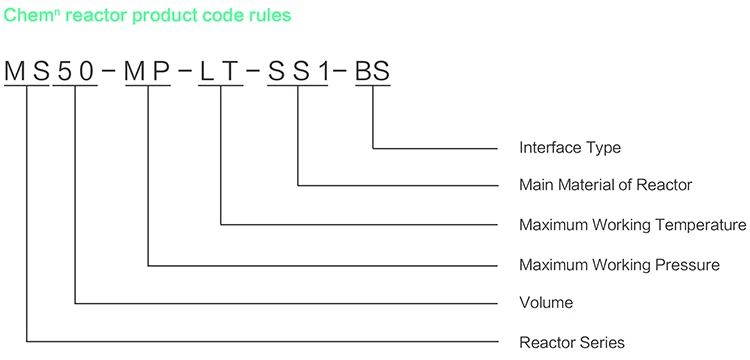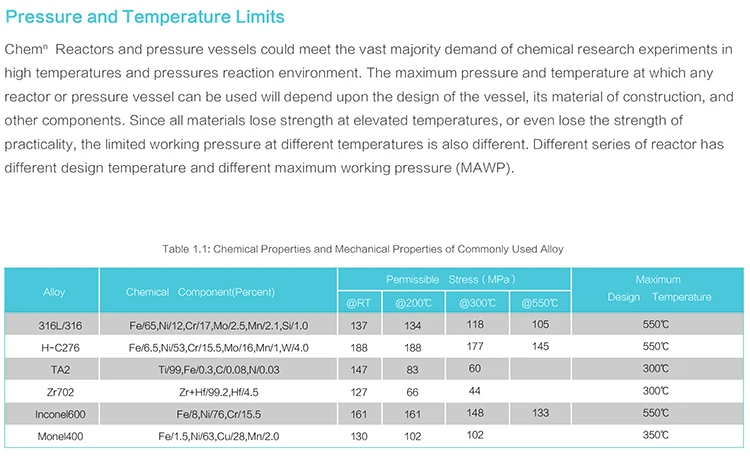Business Type:Manufacturer
Country/Region:China
Ddu Verified
HOT Rank


Anhui Kemi Instrument Co., Ltd.
We are professional supplier of Micro High Pressure Reactor.
Business Type:Manufacturer
Country/Region:China
Ddu Verified
HOT Rank

Design Features
1. Imported sapphire lens are adopted, featured with safe and reliable
strength and high transmittance for IR,UV and visible light. There are
no blocking part under the lens, providing accurate transmittance area.

2. Originally designed self-tightening sealing structure with graphite sealing gasket provides more tightening force at elevated pressure, and therefore guarantees reliable sealing.
Order Parameters
The Selection of Chemn reactor could be based on the following five basic parameters.
(1) Maximum working pressure
The maximum working pressure is 207bar for reactor < 500ml, 103bar for photo Photocatalysis reactor. Kemi produce the reactor whose maximum working pressure is 345bar. Kemi could also produce customized reactor according to different requirements. The higher pressure of the reactor can be tolerated, the thicker body, cover and other accessories it has, and the whole product will be larger, heavier, and the operate will be more complex, precise temperature control of will be more difficult.
(2) Maximum operating temperature
The maximum operating temperature of the conventional reactor is 300℃ (sealed with reinforced PTFE flat gasket) and 550℃ (sealed with Grafoil graphite gasket), the operating temperature can be adjusted according to customer requirements. The maximum temperature of the photo catalytic reactor is 400℃.
(3) The selection of volume
The volume of Chemn reactor ranges from 10ml to 500ml. The volume here refers to the maximum volume of the reactor, Generally, the liquids should not exceed 4/5 of the volume of the reactor. The diameter of the lens on catalytic reactor ranges from 20mm to 40mm.
(4) Material selection
The
lens material of Chemn photo catalyst reactor is sapphire. The material
of Chemn regular reactor is 316L stainless steel and Hastelloy C-276,
and other materials are also available: (Chapter 1.2 for is for
reference)
- Stainless steel 316L, 904L, 2520
- Monel 400 alloy
- Inconel 600 alloy
- Hastelloy B-2
- Hastelloy C-276
- Industrial Titanium TA2
- Zirconium alloys 702, 705
- Other required metal materials
(5) Interface selection
Chemn reactor has standard interfere include air inlet (I), air outlet (O), pressure gauge (P), temperature sensor (T), rupture disc (R), sampling (S), balanced return sampling (BS), liquid feed tank (LF), pressure indicator (PI), digital pressure gauge (DP), safety valve (SV).(Note: No internal cooling coil in 0.1 ~ 0.25L reactor, no cooling coil in 0.1 ~ 0.25L reactor ).Different design could be provided according to different customer requirements.


Enhanced PTFE flat gasket, the temperature up to 300℃ (long time seal) / 350℃ (short time seal)
The most commonly used seal form on Chemn reactors and pressure vessels is flat gasket made of reinforced PTFE.
The black PTFE gasket has better resistance to high temperatures and lower creep properties than conventional white PTFE gasket.
Another important advantage of PTFE gasket is its general corrosive resistance. On reactor body and lid, the precision-machined groove seal can effectively prevent failure sealing caused by cold flow of PTFE at high temperatures.
In this seal structure, PTFE gasket is stored in the groove of reactor cover, and the seal tongue completely confines the gasket inside of the groove, leaving a 0.05 mm wide or narrower gap.
With this design, a long-term sealing at 300℃ and a short-term sealing at 350℃ can be achieved.